You Aren't Strong Without Strengths
I’m starting to see a troubling trend in climbing that’s becoming more common as we search for physical “standards”. Someone will take an assessment of their strengths, see a “good enough” number next to a measurement and decide not to train that attribute.
And that should bother you.
Here’s the thing, these assessments (which I use as a coach and am a fan of when used correctly), require context behind them to be most useful. Think of an assessment as a snapshot in time. It tells us exactly where you are in that moment. As important as it is to learn where you are, it’s just as crucial that we look at where you came from.
If I see someone who climbs below V12 that can one-arm deadhang a 20mm edge, it’s natural for me to think, “That’s strong enough that it’s not a primary concern for them to continue progressing.” However, I need to follow up by asking what their training history is. If that person has spent very little time directly training their fingers before, then it would be absurd for me to not have them try it out. You can spend 25 minutes a week hangboarding (that includes rest times between hangs) and still see amazing results. That’s such a small investment that it would be silly not to give it a shot.

Most of us have certain aspects of training that we respond to better than others. If you “naturally” have great endurance or power or finger strength, then it’s worth seeing if a little bit of training can make it even better. Yes, a 20mm one-arm deadhang is sufficient for climbing in the low double digit ranges, but what if adding 30 minutes of hangboarding each week could turn that strength into a super power?
This same type of oversight shows up when we confuse being good at something with the people around us being bad at it. I’ve met climbers who don’t see a need to strength train because their baseline strength is already better than all of their friends. That’s cool and all, but what if you had the potential to get significantly stronger with only a little extra effort? Are your friend’s abilities the best measurement of what your potential is?
We aren’t strong without strengths. As cool as assessments and standards are, they can easily leave people settling for “good enough” when they have the potential to do much more. Sometimes your “low-hanging fruit” might look like a strength to the outside observer. If you know of something you're good at without trying or from very little effort, see if you can exploit that a little more rather than coasting on talent and only trying to level up the things that come less naturally to you.

Switching back and forth between sport climbing and bouldering can be difficult…
Alex Megos once said that conditions don’t matter, but we all know that’s not true… or is it?
There’s one often overlooked thing that has the power to positively – or negatively – affect every single day of climbing for the rest of your life.
There is a point at which continuing a tactical approach can slow your climbing gains.
Toe-hooking can seem more like sorcery than other techniques, but you’re probably just going about it the wrong way.
Implementing this one simple thing can result in big performance gains in your climbing, no matter what level you’re at.
Despite being constantly present and often the reason we fail, Rhythm is the most underrated of the Atomic Elements of Climbing Movement.
Long-time friends Nate and Ravioli Biceps discuss lessons they’ve pulled from video gaming that can help inform our climbing.
There’s A LOT of great information out there on how to climb harder. But it’s tough to sort through…
Short climbers are good at getting scrunchy, and tall climbers are good at climbing extended, right? Wrong.
One of the most common places things start to fall apart is at the very beginning of the move.
We know spending time on a finishing link is smart tactics for hard climbs. So why not apply the same concept to individual moves?
Learning when and how to compensate for a weakness is a skill. And skills need to be practiced.
Lowball boulders, while not as proud, can still teach us new movement, new ways to utilize tension, and force us into finding new techniques.
I never thought I’d be recommending this, but some of y’all should be putting less effort into becoming technically better climbers.
Training principles are important, but when they creep into performance, your climbing will suffer. Nearly every time.
We have become collectors of dots. But there’s one major thing that happens when we connect dots that is entirely lost in mass dot collection: critical thinking.
Do you really have terrible willpower? Or are you surrounded by distractions and obstacles?
You have a climbing trip coming up. The rock is different. The style is different. Your pre-trip time is short and the number of days you’ll be climbing, even shorter…
Giving artificially low grades to climbs increases their perceived value for our training and development. The more something is mis-graded the more we naturally want to prioritize it.
Discussion around grades can be so polarizing that many of us avoid the topic.
Climbing starts off as this self-feeding cycle that has you wishing you could climb seven days a week. What happens when this cycle stops bringing improvement though?
Improving movement skills is by far the most abstract part of becoming a better climber. And arguably the most important part.
Kris and Paul dig into a paper that presents and then tests a method for measuring movement skills in sport climbing.
If we want to assess our climbing movement skills over time, are the standardized boards the best option? We're conflicted…
How do we decide where to focus our efforts when it comes to becoming a BETTER climber – rather than just a stronger one?
As cool as assessments and standards are, they can easily leave people settling for “good enough” when they have the potential to do much more.



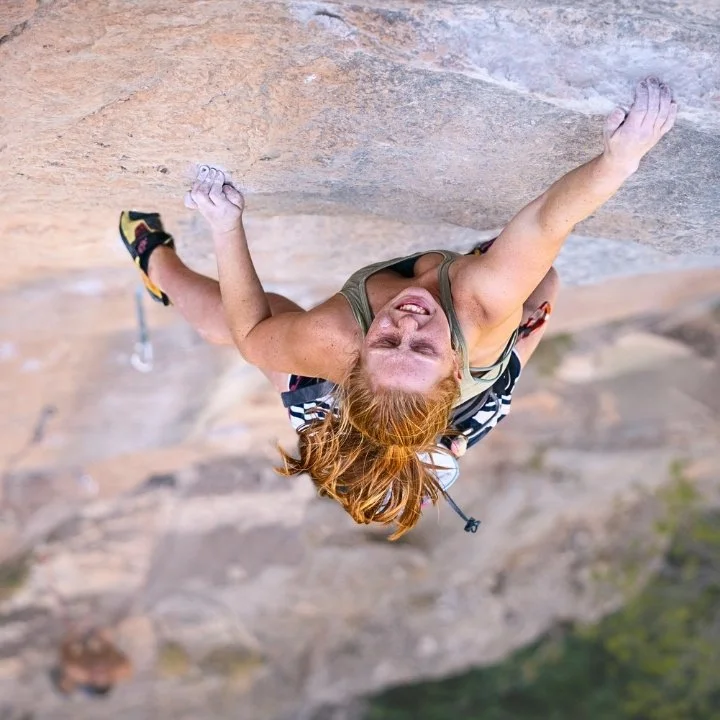



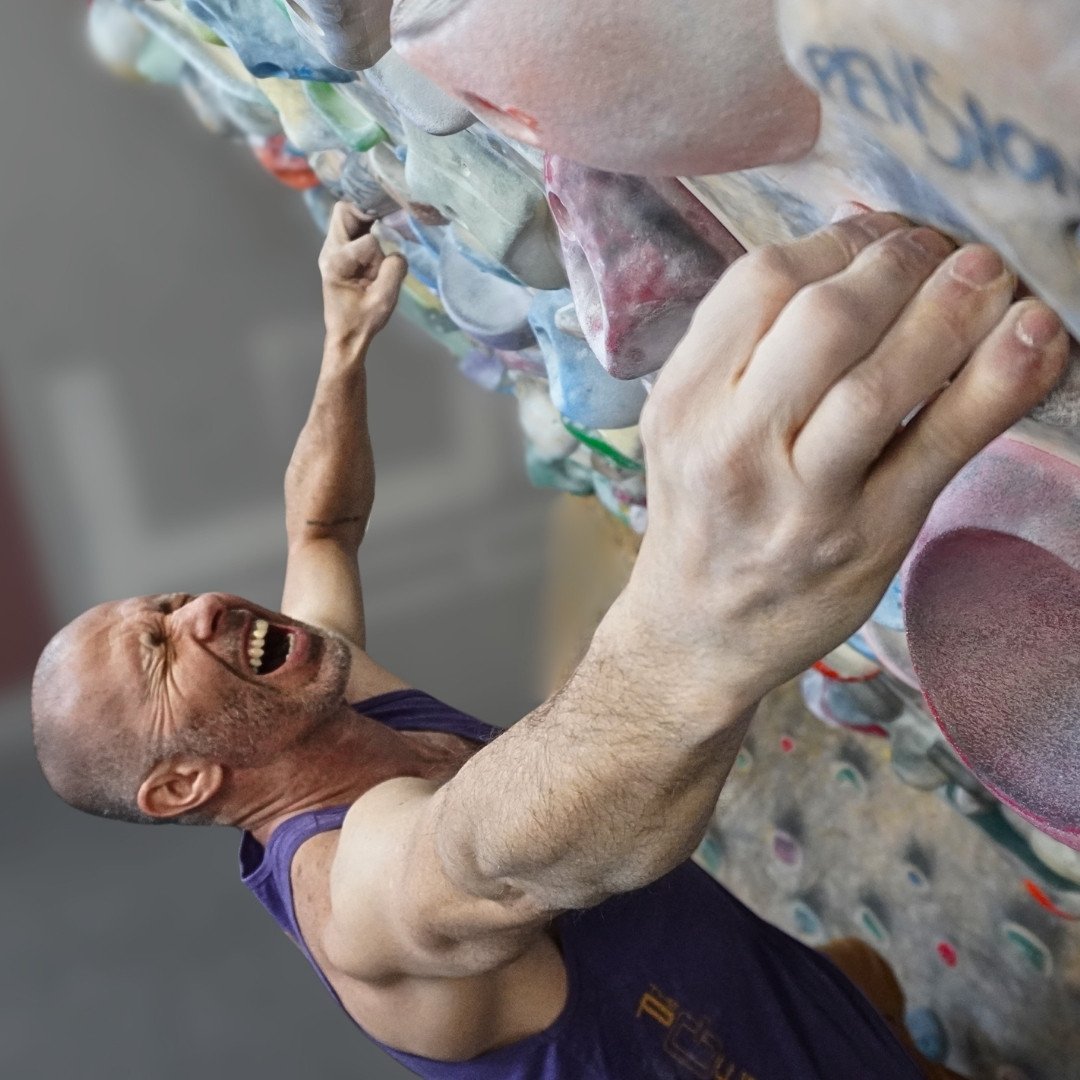

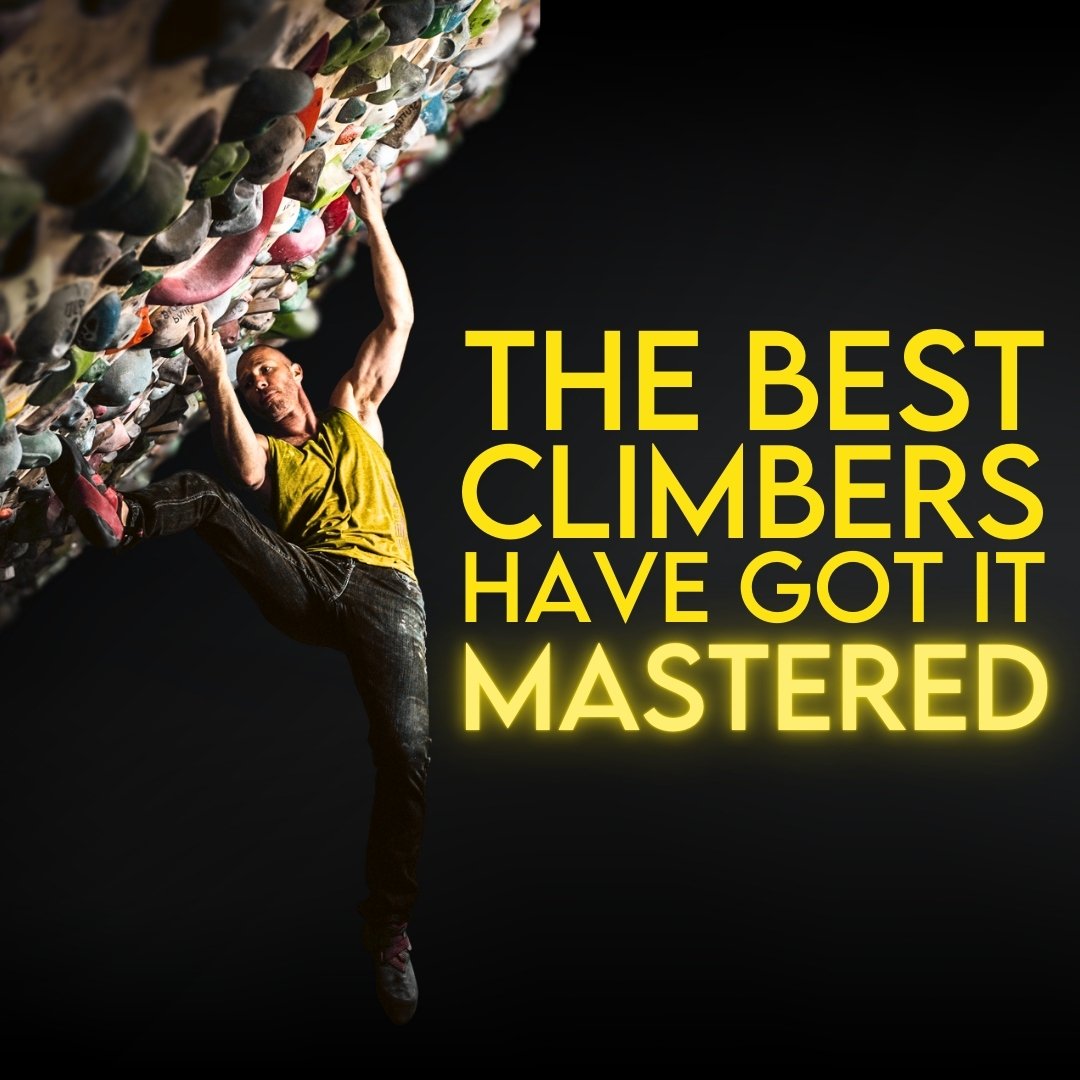





















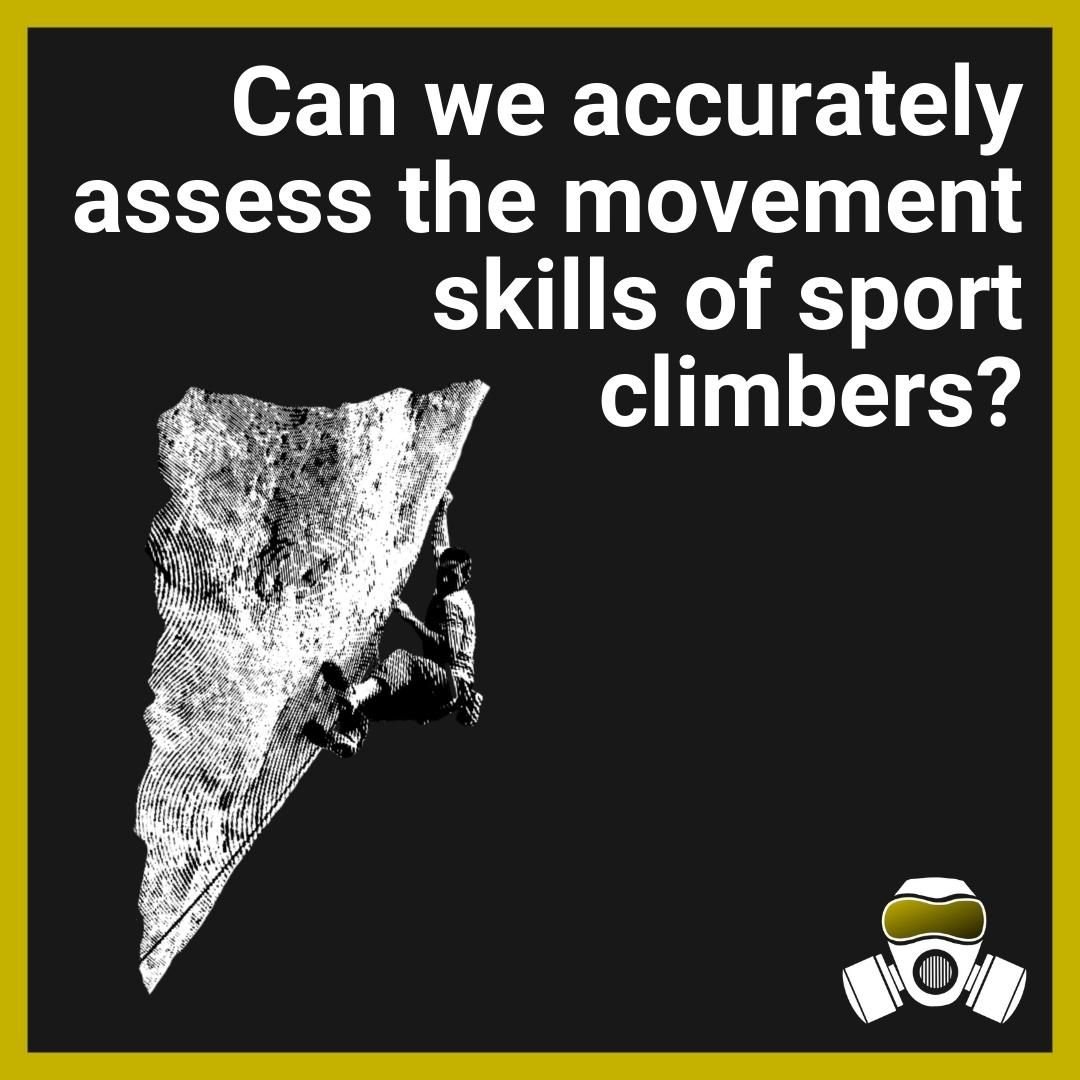
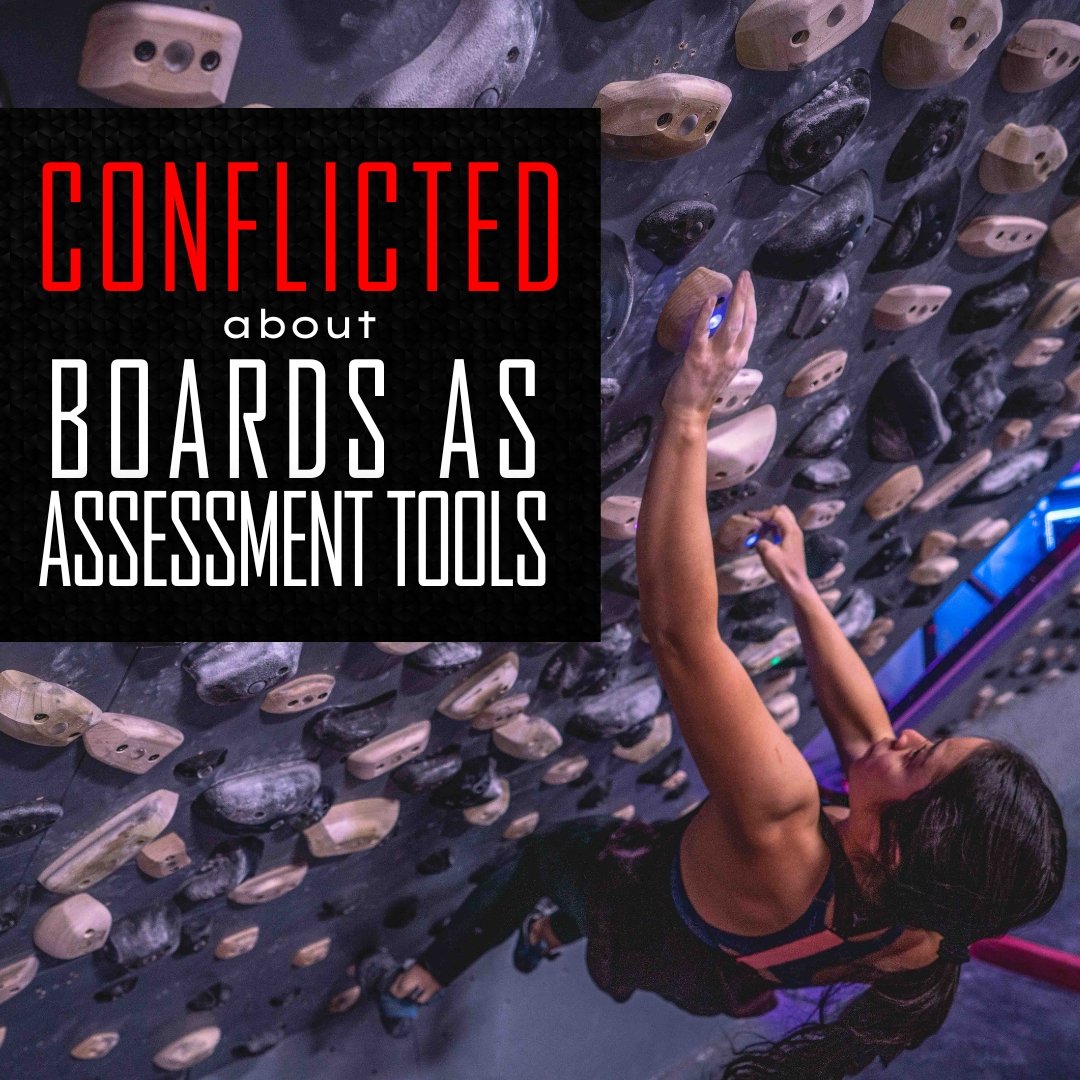
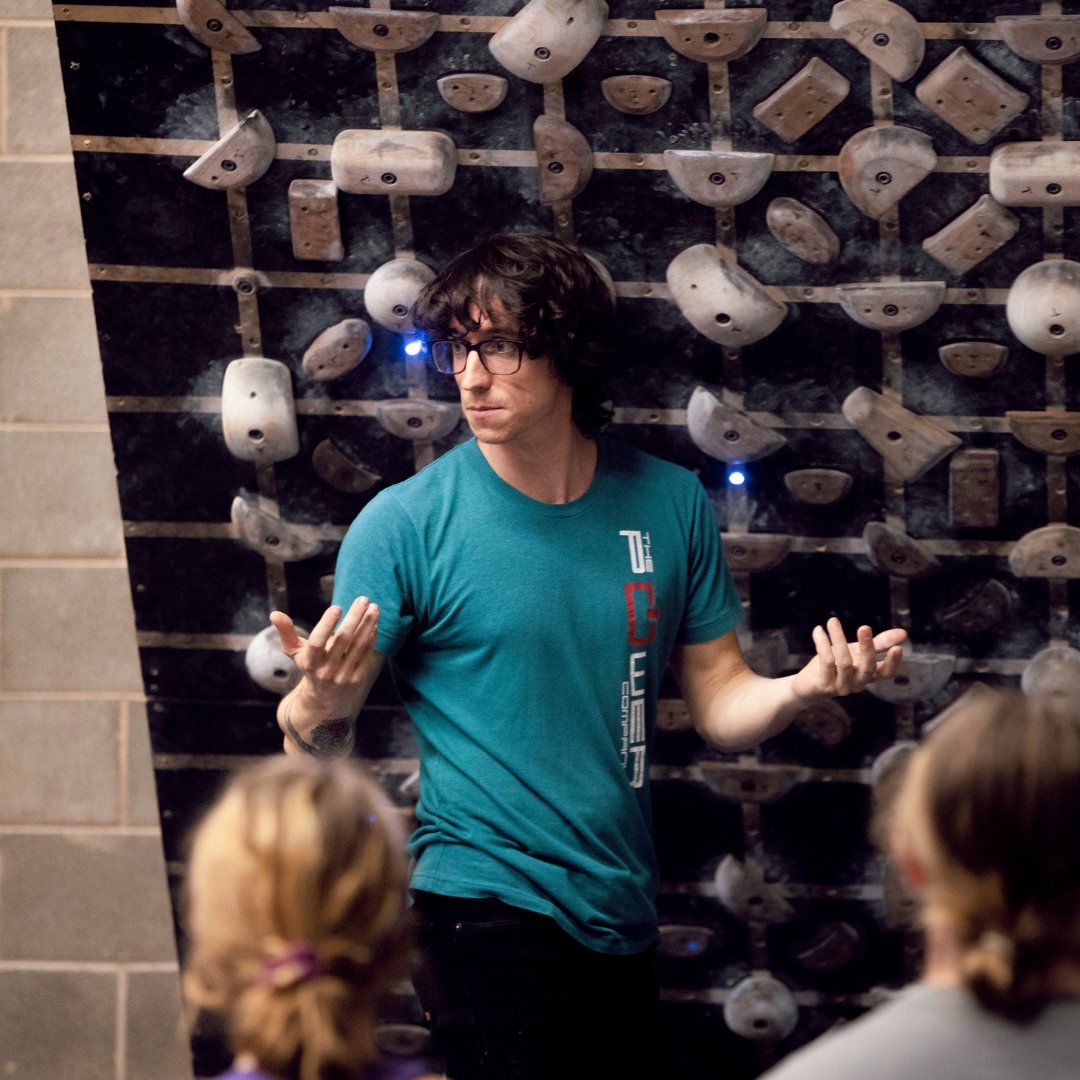

A better way to view grades and progression?